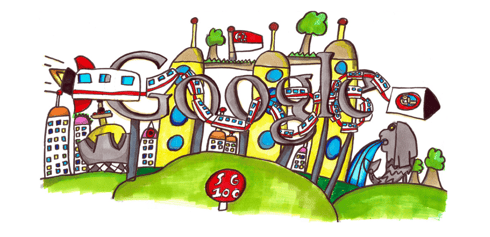

4 Page Title Tips to Rank Higher on Google

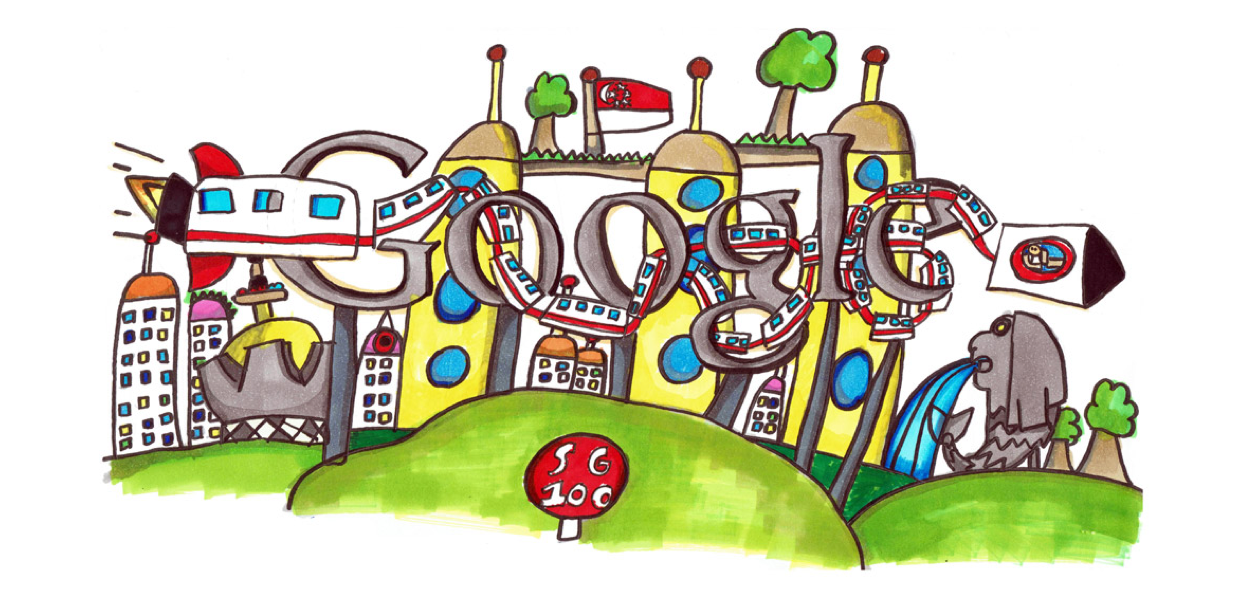
In a webpage, the page title appears when it is opened in a tab and often not visible to visitors when they are browsing through the page. However, it is apparent in two important places:
- In search results, as a blue clickable link.
- On social sites like Facebook, when a person shares or likes a link.
Google utilises the title of a page as a primary factor when evaluating what keywords to rank that page for and the position to rank it in. Write a good page title and it can benefit your search engine results tremendously, so don't skimp on it.
If you have not optimised your page title for search engines, it's not too late to get started now. We've compiled 4 page title tips to help you rank higher on Google.
1. Make sure that the title is between 60 to 70 characters
Anything that goes beyond 70 characters will not be displayed in the search results. The extra characters will be replaced with "...", which looks unprofessional and disorganised.
Thrillist, a digital lifestyle magazine for men keeps their titles short but descriptive. Their titles are displayed in full on Google, and it conveys what to expect when a user clicks on it.
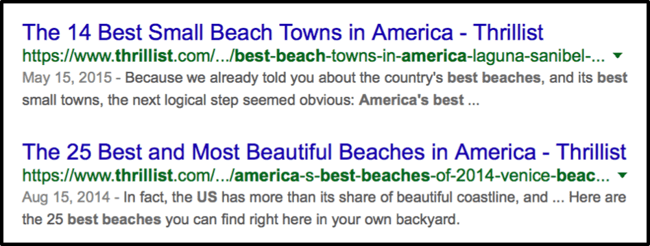
2. The primary keyword should be in the page title
Primary keyword should reflect two things: the content of your page, and what people are searching for. This will make it easier for search engines and your visitors to understand what the page is all about.
Example, if a person searches "accomodation for rent in Singapore", they will expect a list of suggestions for rentals in Singapore. That's exactly what Airbnb did, and with variations - the primary keyword being "Singapore Rentals".
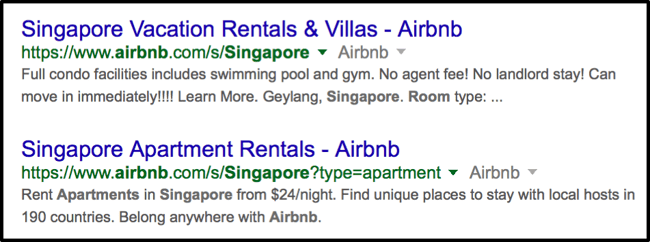
3. Each keyword phrase should be separated by a pipe ( | ) or a hyphen ( - )
Hyphens and pipes makes it easier for the searcher to scan the content of your title tag.
Hyphens are a more common separator, used to indicate the end of a phrase. The pipe, on the other hand, is an interesting one. It is a search operator that tells search algorithms that the phrases on either side of it are equally important.
Essentially, you want to remain consistent in the presentation of your titles across all pages, like what Incredible Egg has done. Pick a style, and stick to it!
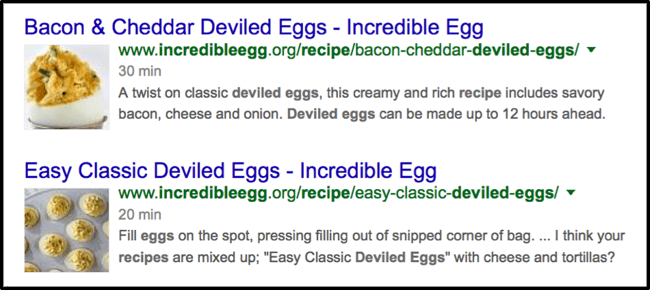
4. Each page title on your website should be unique
Every page on your site should serve a specific purpose. Likewise, page titles should also be specific to each page. When a page is focused on a single topic, then it should be faily easy for you to make sure that each title is unique.
Mashable is a good example. The site publishes many articles on a daily basis, and they've given each page a unique title even though it is categorised under the same topic of "social media".
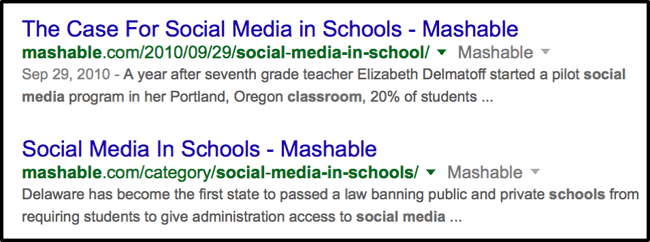
Not too hard, right? Remember to not overcomplicate things when you write a page title, and keep it simple. Most CMSes, be it Wordpress, Sitefinity, or even HubSpot, allow you to change your page titles in a pinch. Follow these page title SEO tips to getting started and you will be well on your way to having a site that's friendly to Google and searches.
This blog post is part of our series on Growing Small Business Digitally. Cant wait for the rest of the posts? Then just click here to download our free eBook on SEO Tips to Improve Your Rankings on Google to level up in digital marketing!
Need help with SEO in Singapore? Reach out to us for a no obligations chat.
More insights
